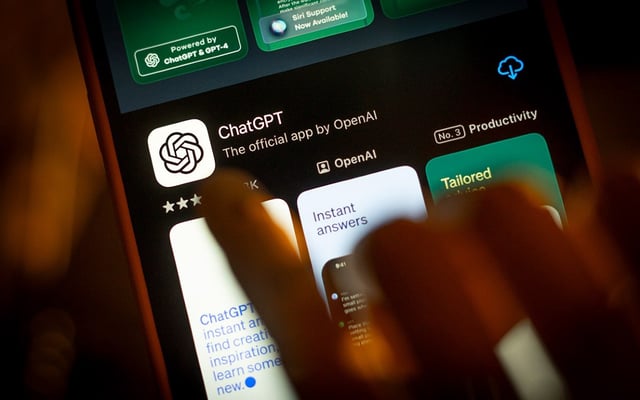Overview
- A recent preprint tallied at least 17 reported cases of psychosis following interactions with chatbots such as ChatGPT and Microsoft Copilot.
- A July simulation study, not yet peer reviewed, found user–chatbot exchanges can form feedback loops that reinforce paranoid beliefs.
- Researchers describe the phenomenon as rare and under‑studied, with current evidence drawn mostly from individual case reports.
- Clinicians say people with prior mental‑health issues or social isolation appear most at risk for chatbot‑associated psychotic episodes.
- Experts warn that human‑like responses and long‑term memory can validate delusions, and media analyses have found bots endorsing mystical or extraterrestrial claims.


